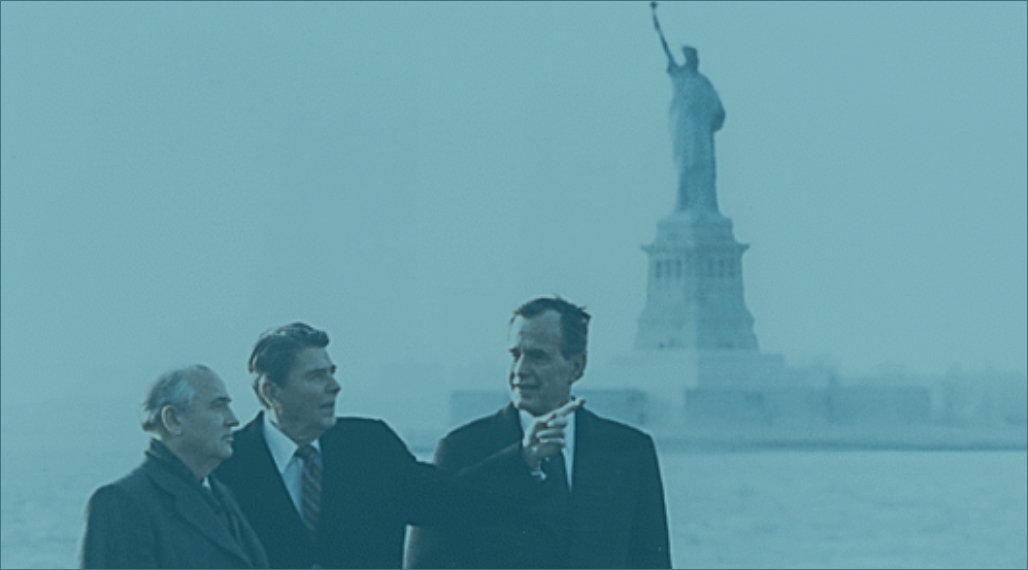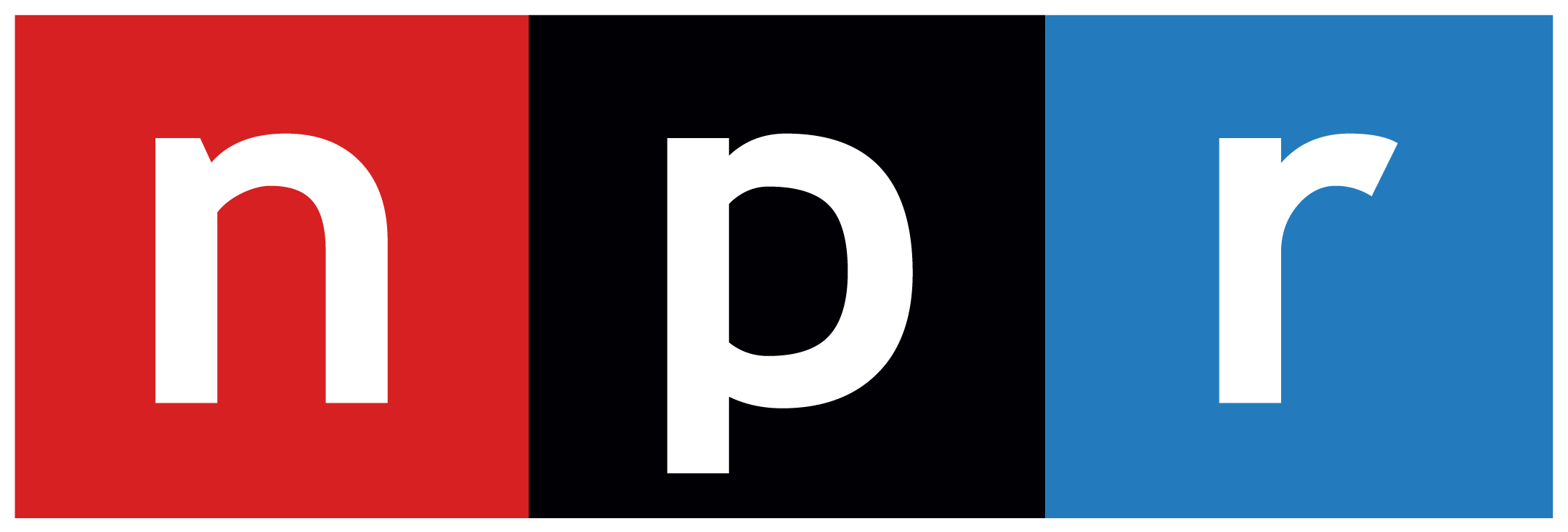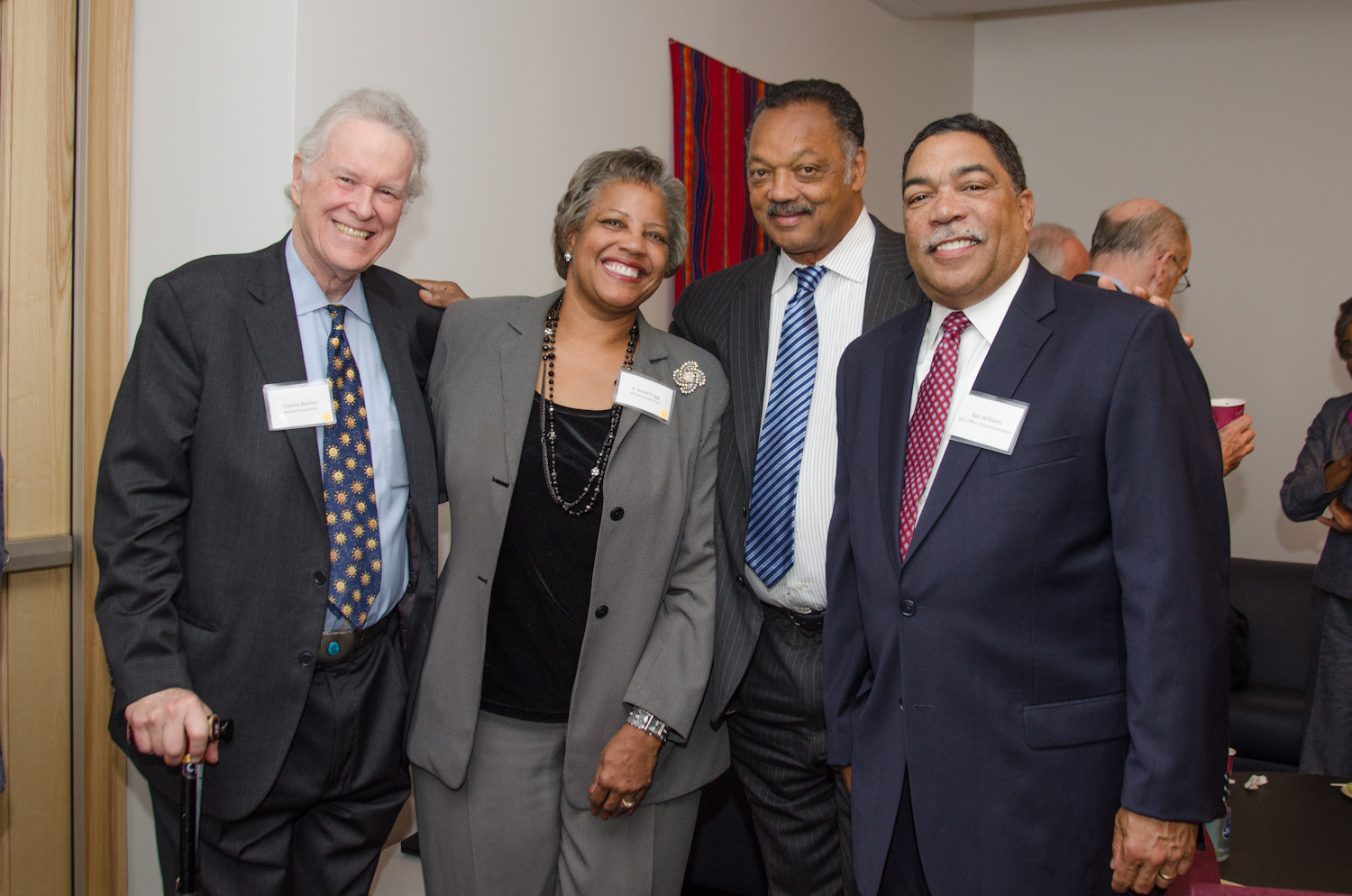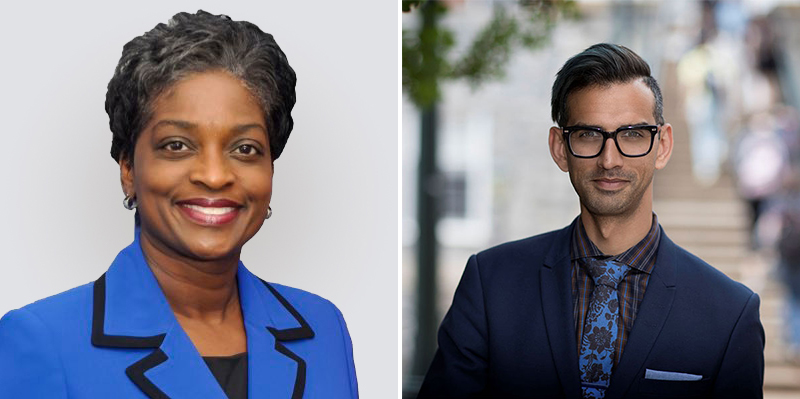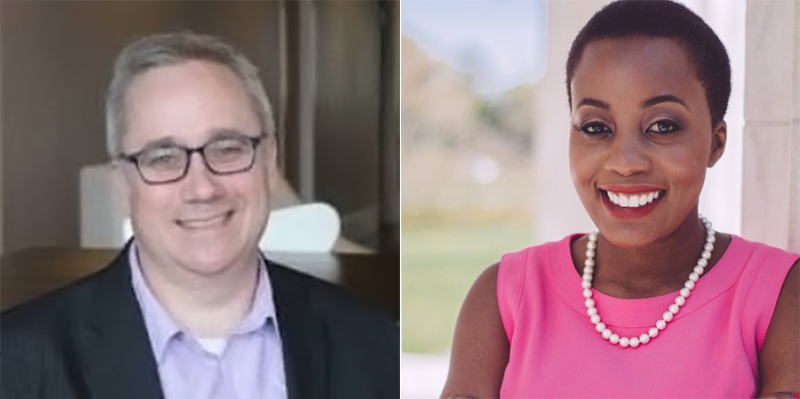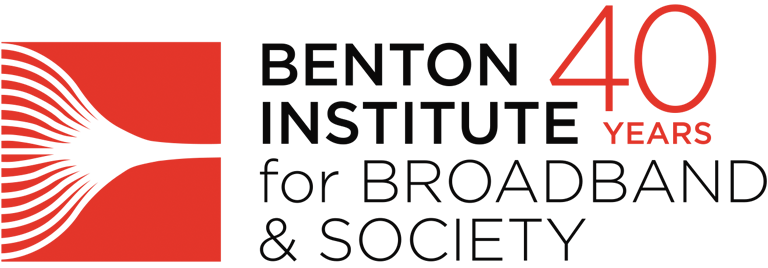In its early years, Benton makes small grants to emerging organizations like the just-launched C-SPAN in 1982. Benton publishes Gavel to Gavel, A Guide to the Televised Proceedings of Congress, the first viewer's guide for the network. Benton also collaborates with the Council on Foundations to produce the video, We Don't Fund Media, and the publication, How to Fund Media, to encourage and challenge foundations to support media projects. From the start, Benton makes media education and capacity building for non-profit organizations central to its mission. Communicating in the '80s: New Options for the Nonprofit Community is a primer on new technology applications in 1983. Alert to new public interest issues raised by emerging communications, Benton also supports the Institute for Public Policy Advocacy, the American Civil Liberties Union, the development of the documentary series POV for PBS, and National Public Radio. For the first time, Benton invests in defining long-term public policy solutions to help shape early strategies for the internet age.
- About
- Our Story
Our Story
Our Story
The Benton Institute focuses on providing resources and tools to people, to institutions, and to communities that need them most to make sure that everyone has access to the infrastructure of opportunity—open, affordable, high-performance broadband—and the skills to make use of it.

William Benton
William devoted large portions of his income and the income from Encyclopaedia Britannica stock to the support of philanthropic activities, especially those concerned with communications and education. His experience at the University of Chicago had convinced him of the importance of organized research as the essential ingredient in the promotion of a stable future world. His experience in advertising and politics had given him the confidence to commit himself to an educated and enlightened public as the base for modern democracy.
Marjorie & Charles Benton
Marjorie and Charles’ 62-year partnership was dedicated to public service, civic engagement, and impact philanthropy. Their lifelong commitments and contributions to improving the lives of underserved people and communities—rooted in the Benton Institute’s values of access, equity and diversity—have supported a stronger, more equitable, and more just America.

The Benton Institute for Broadband & Society
For 40 years, the Benton Institute has helped strengthen communities by advancing communications policy in the public interest while providing day-to-day support and resources to the community of people who care about “broadband for all.”
Our work takes the long view to help envision a public interest-focused broadband policy agenda. At the core of our mission is protecting democratic values. That means championing fast, fair, open broadband for all as the infrastructure of opportunity. It means educating people about broadband’s promise to deliver education, healthcare, economic equality, civic engagement and more.
This is an historic moment where our efforts are needed more than ever to ensure we achieve digital equity and that starts with building better communications networks in communities. The COVID-19 pandemic has exposed the high costs of communities being offline and the federal government seems poised to invest billions of dollars in addressing the problem. But people and communities need additional resources to shape those dollars, to plan long term, to ensure their interests are represented in the discussion — that’s our job.
We must start addressing internet access as a civil rights emergency in need of a comprehensive solution. Everyone must have access to open, affordable, high-performance broadband—and the skills to make use of it—if we are to become a more equitable society.


